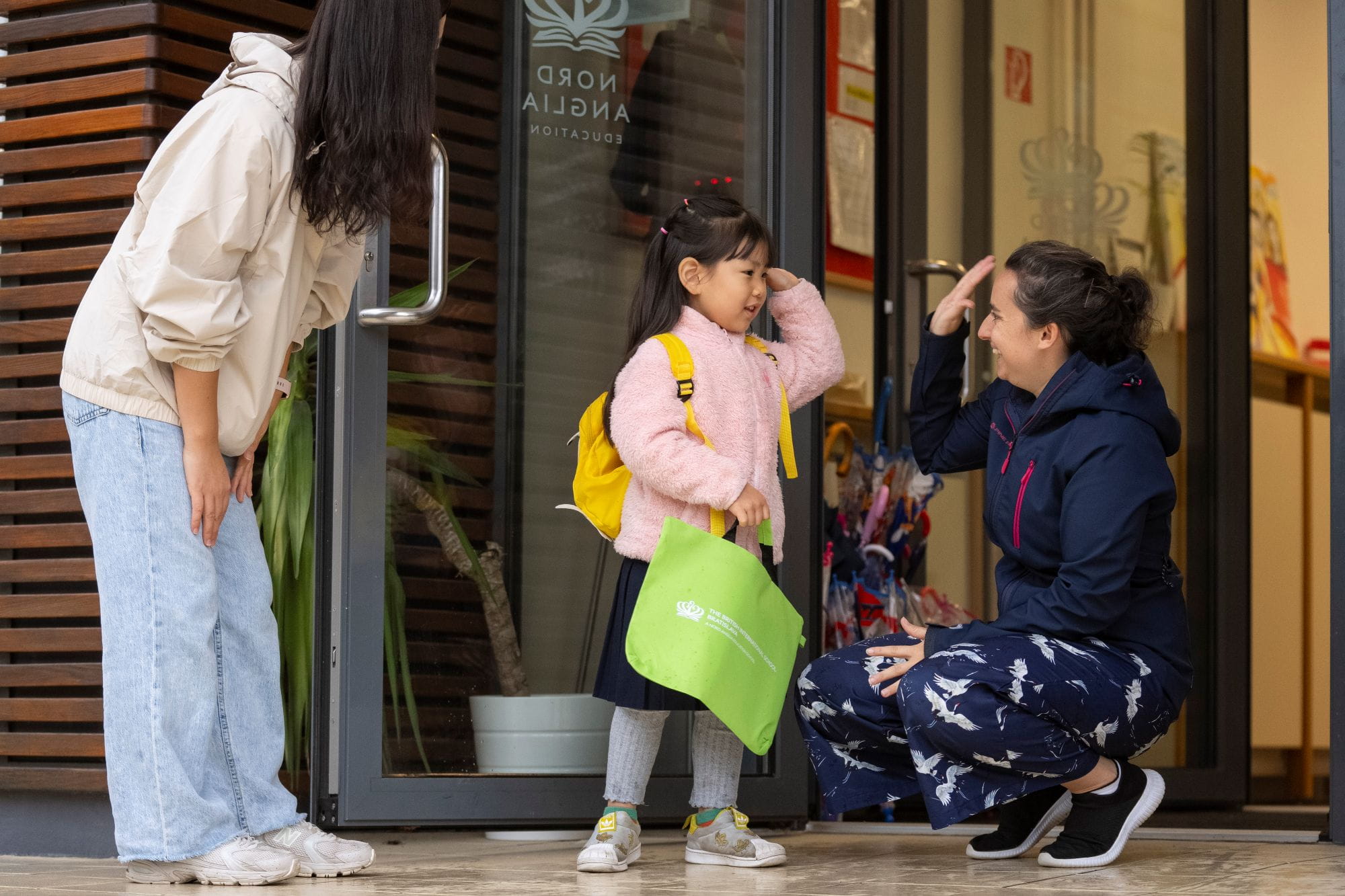We use cookies to improve your online experiences. To learn more and choose your cookies options, please refer to our cookie policy.
Join our Early Years Open Day for children aged 2-5
17th March 2026, 9:00 - 11:00

Starting school is a major milestone in a child’s life. Preparing a child for their first day in Early Years can feel both exciting and worrying. The transition marks a new stage in a child’s life and requires children to have a new level of independence. To ensure your child is ready emotionally, socially and practically for this new chapter, here are some top tips from the Early Years experts at The British International School Bratislava.
Emotional Readiness
Starting school in a new environment often leads to a range of emotions, including separation anxiety. Building emotional resilience early on can ease the transition.
Social Skills
Being part of a bigger group of children is often a new experience and helping children to develop key social skills enables them to feel confident at school.
Independence
Early Years teachers support children to develop their independence in everything they do.
Before your child’s first day at school, it is important to visit the new environment. This supports familiarity for everyone and helps to build excitement around the new adventure. Every child is different and readiness for school can vary. What is most important is to create a supportive environment that helps children approach this new stage with curiosity and confidence.